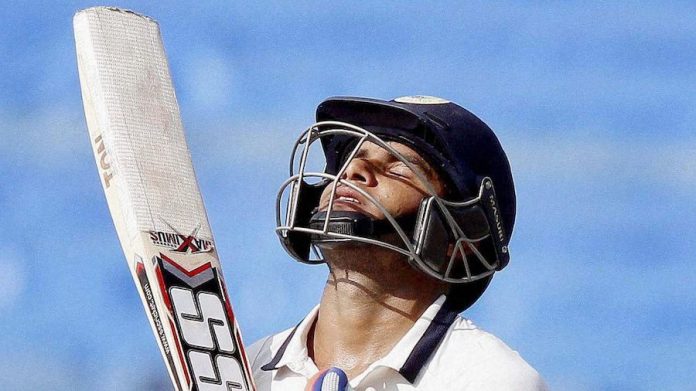
The England & Wales Cricket Board have announced a new wide-ranging Action Plan to transform the way it is engaging with South Asian communities and Manchester is one of the 10 core cities with the highest population of South Asian communities that will be targeted in the first few years of the plan.
The plan sets out 11 recommended actions which include the creation of 20+ new Urban Cricket Centres and the development of 1,000 non-turf pitches and 100 turf pitches by 2024.
Piloting the implementation of ‘Community Talent Champions’ to scout talent previously missed by the scouting system and the delivery of cricket sessions to 6,000 primary schools in deprived urban communities through Chance to Shine by 2019.
The plan will also see the adoption of the ‘Rooney Rule’ to support the progression of BAME coaches working in the professional game for all future ECB coaching roles, working with the ten ‘core cities’ to train and develop 200 female coaches;
As part of the ECB’s ambition to make cricket more representative and reflective of modern communities, a South Asian Advisory Group was put together by Chief Strategy Officer David Mahoney.
The group includes experienced individuals from within and outside the game such as Wasim Khan, Isa Guha, Mark Nicholas, Manoj Badale, Ron Kalifa among many others.
The group looked at the challenges facing South Asian communities at every level of the game. Within a wealth of insight, the research revealed that South Asian participation in recreational cricket is at 30% and that the single biggest barrier to South Asian participation is access to facilities in urban areas.
Other challenges identified included; lack of scouting or talent ID in urban areas, the cost of travel and equipment for county age group cricketers, a lack of female coaches, access to cricket at school and a lack of cultural considerations within the match day experience.
3% of domestic, non-international, ticket sales are from South Asian audiences compared to 40% in the Champions Trophy yet Cricket is overwhelmingly popular with South Asian communities who contribute 18% of the cricketing economy.
Announcing the long-term approach, Tom Harrison, ECB Chief Executive Officer said:
“Cricket is a force for good in society and our job is to ensure that it makes a positive impact on as many people’s lives as possible.
“Whilst we’ve long acknowledged the passion for the game in South Asian communities in the UK and had the best intentions, we have never fully understood how to engage with South Asian communities. This report gives us a road map to change that.
“How can we ensure the level of South Asian participation in the recreational game, often outside of our own programmes, is reflected throughout cricket? We now have a much deeper understanding of how cricket can play a part in multi-faith, multi-lingual, multi-cultural communities, whether that’s creating a match-day experience which respects everyone’s customs, renovating derelict council buildings into cricket centres in urban areas or putting the game’s talent scouts into more diverse communities.
“Ultimately, we want more people picking up a bat and ball, the best talent getting opportunities to play at the highest level and attendances which match the UK’s passion for cricket. Whilst this Action Plan is about South Asian communities, in developing it we have learnt a great deal about how to reach other communities too. Cricket has a wonderful opportunity to grow and become a sport that is truly diverse and representative of its broad fan base.”






